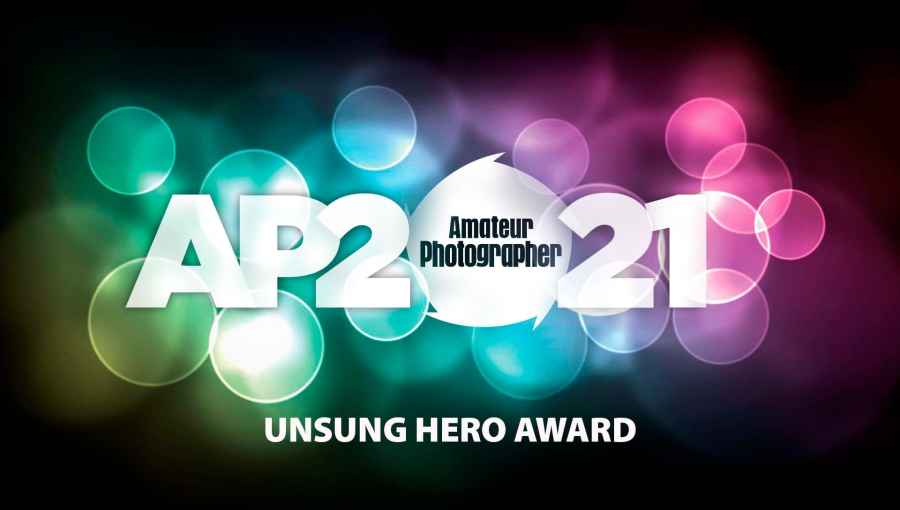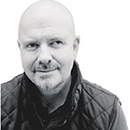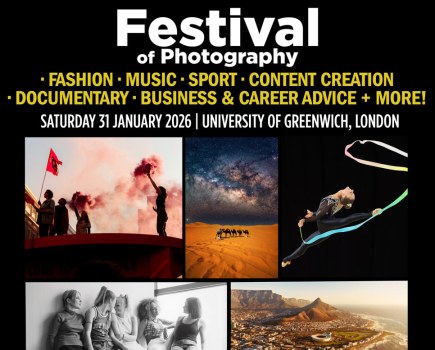At the end of last year we started seeking nominations for our second Unsung Hero Award. The award is designed to celebrate the hard work and community spirit of people who are using photography for the benefit of others or to help make the world a better place, with the winner celebrated at our (virtual) annual AP Awards.
After much deliberation, we are pleased to reveal that this year’s winner is Stephen Radley, a former RAF chaplain and Afghanistan veteran who now runs regular workshops and retreats on the theme of contemplative photography and mindfulness. He believes contemplative photography can promote better metal health for everyone.
From darkness into light
We began by asking Stephen about his own journey into this area. ‘It really started towards the end of my military career four or five years ago. My last Afghan tour was quite difficult… there were lots of civilian and military deaths and I was the sole UK chaplain in the area. I suffered a lot from anxiety and had to have support from the armed forces when I got back. I had previously suffered from depression during a demanding UK tour which had opened my eyes to the importance of mental health.
I saw that although I was keeping physically fit, and probably spiritually fit, I wasn’t keeping mentally fit. I realised depression and anxiety are quite debilitating, it’s not just about “try a bit harder” – they affect your mind in quite a profound way and leaves you with low self-esteem.’ Stephen also threw himself into academic study towards leaving the RAF, studying for an MSc in psychiatry and war studies at King’s College, London. ‘They were looking into mindfulness as part of the course, and that introduced me to this concept – and the importance of centring yourself in the moment and not letting your mind race to the future or worry about the past.’
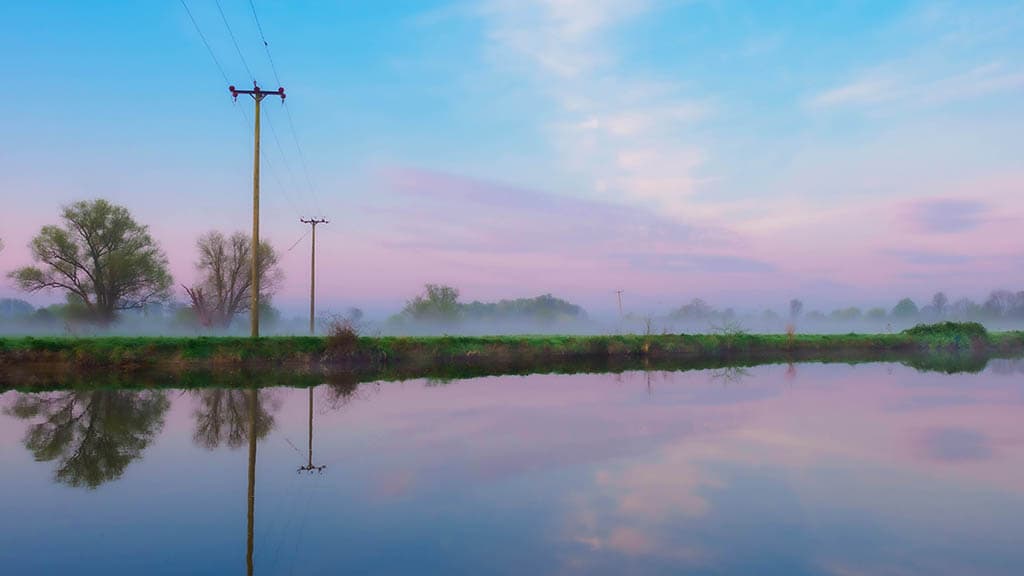
“Taken on the morning of my father’s death. The colours felt like a gift and the reflection reminds me of the gift of life. Sometimes it is hard, but photography helps us to live in the now”
Stephen also threw himself into academic study towards leaving the RAF, studying for an MSc in psychiatry and war studies at King’s College, London. ‘They were looking into mindfulness as part of the course, and that introduced me to this concept – and the importance of centring yourself in the moment and not letting your mind race to the future or worry about the past.’
Photography as a therapeutic tool
He also studied for a diploma in professional photography. ‘Photography has always been an interest, ever since I saw my dad’s darkroom as a child. While studying for the diploma, I realised how it was much about composition and how we see life, rather than the technical aspects… I realised photography was very mindful. Indeed, I found that the whole practice of going out and taking pictures was quite therapeutic, helping to calm anxious thoughts.’
We asked Stephen to describe his workshops in more detail. ‘Not being able to meet in person at the moment is challenging due to the restrictions but what I aim to do is to run online retreats and one-day workshops which use contemplative photography as their basis. This helps people’s mental and emotional health, a bit like going to the gym, and is an accessible way into mindfulness and the concept of centring yourself in the moment.
I also encourage people to share their pictures as this helps to build relationships, which, again, are pretty central to our natural well-being. When you share a picture and describe what you see in it, focusing on emotions rather than technical aspects, that enables us to share a bit of each other’s worlds.’
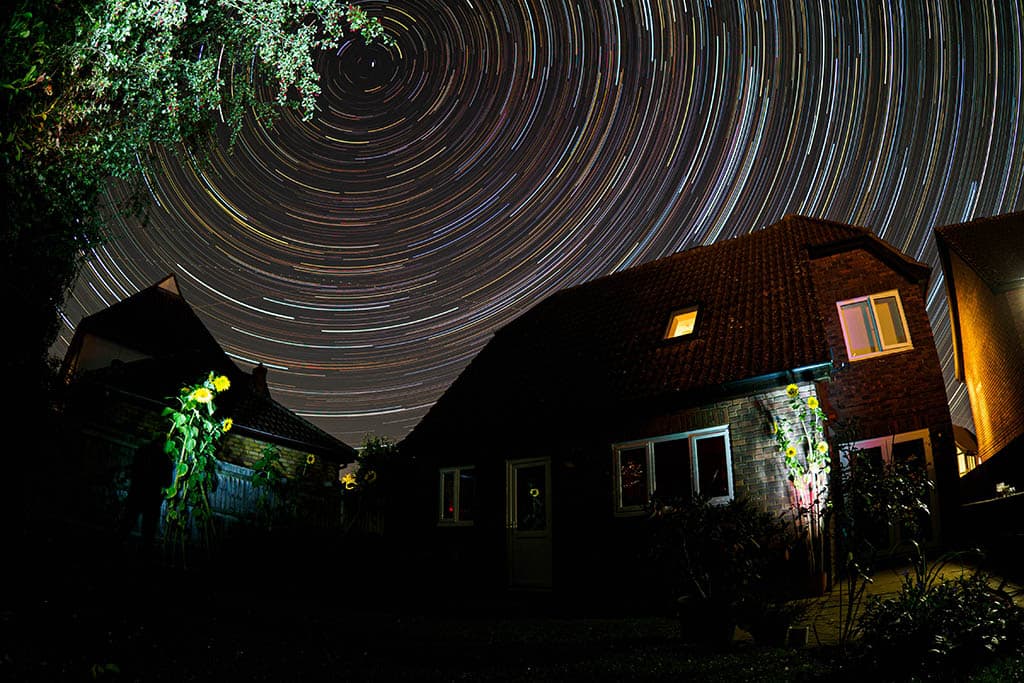
“The stars look static but the camera can see their movement. A reminder to me of the constant movement of life, and the need to embrace change…”
Looking to the future
Stephen is ordained as an Anglican priest but doesn’t work for the church. He has made a loss on all his photography-related workshops. ‘If what I am doing helps one other person it is worth it. I would really like to scale up this work in the future.’
He’s also recently submitted a proposal to a veterans’ charity, which wants him to run a couple of workshops and a one-day retreat in February. Stephen is keen to stress, however, that most of his workshops are open to everyone. ‘My experience with contemplative photography is that it’s not just limited to veterans, it can help promote good mental health for everyone, whether or not you have experienced traumas and events.’
He ends on a personal note. ‘My dad died of Covid-19 on Easter Day last year. I went to photograph a sunrise on our local river that morning, but it just wasn’t working… I turned around, however, and the sky was this amazing colour. There is a story there about how we sometimes need to change our perception and how we are looking at things.’
Further reading
The Little Book of Contemplative Photography by Howard Zehr influenced Stephen in developing his workshops. ‘It was inspirational. Also a theory called post-traumatic growth suggests when something traumatic happens it can enlarge your world. This was something I noticed, seeing things in nature I’d not seen before when going for a walk. So in my experience, traumatic experiences can lead to positive personal growth.’
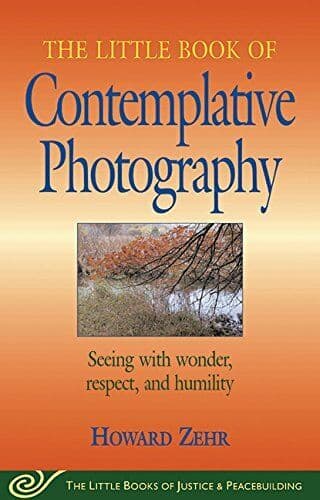
About Stephen Radley
Stephen is an Anglican priest and photographer who combines the creativity of photography with theology and his postgraduate study of war and psychiatry. On leaving the military he undertook professional photographic training, as well as deepening his study of mindfulness and other ways of dealing with anxiety and trauma. See his Facebook page for more and his new website.
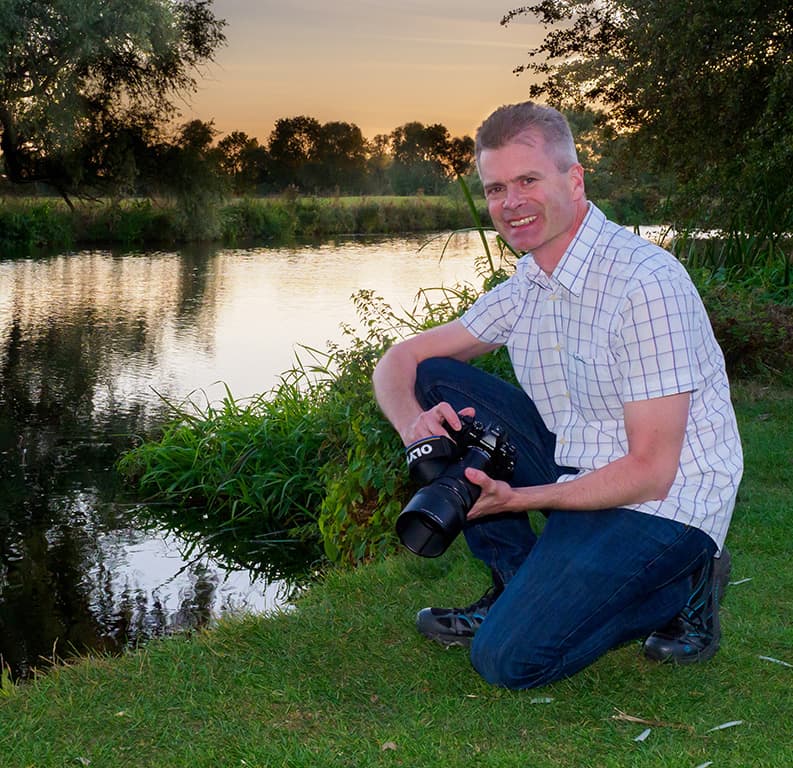
Further reading
How photography can help your mental health

